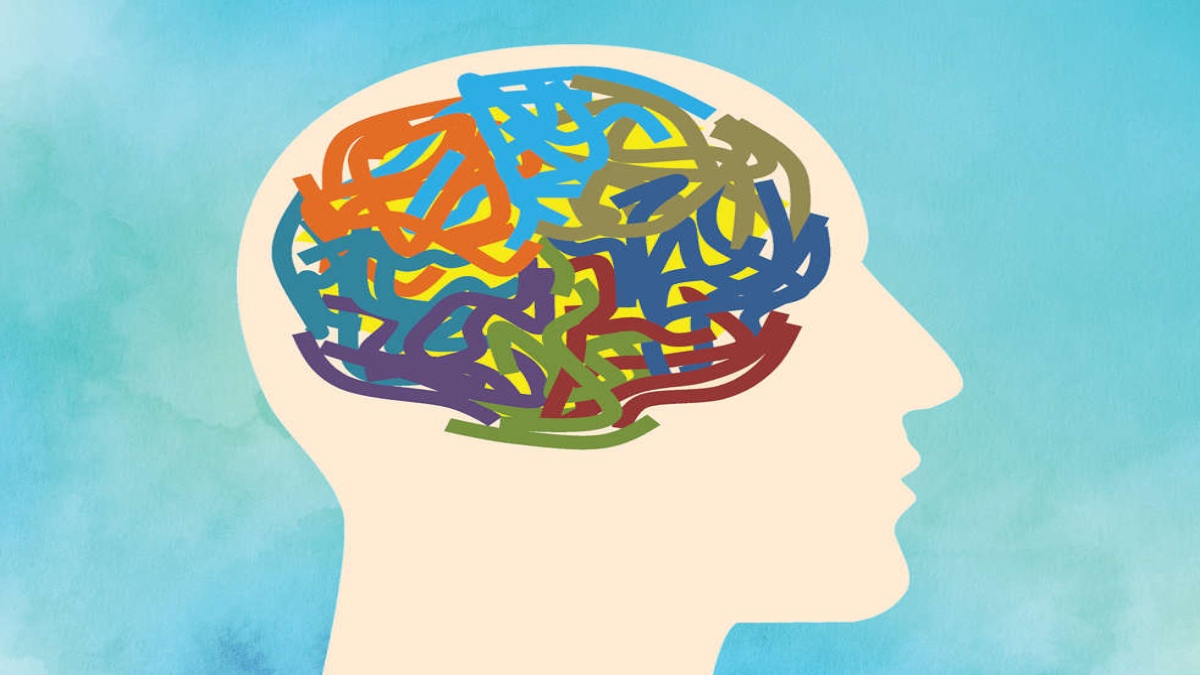When we look at the state of the world, what catches our attention most are the problems: poverty, terrorism, political instability, environmental issues, crime etc.
Governments, civil society groups and individuals across the world are trying to address these issues in various ways. But with each passing year conditions are getting worse, not better. Inequality is increasing, crime and violence have become a part of daily life in large parts of the world, while terrorist attacks keep occurring every now and then. All this while climatic conditions are changing inexorably, portending calamitous consequences for the human race.
Why are things deteriorating in spite of the technological and economic progress that has brought material growth across the world? Why have more goods and services not made people everywhere happier? Why, in spite of decades of effort to remove poverty, does the world have so many poor people? Why has education not fostered greater understanding and better relations between people and nations? And why do we continue to abuse nature despite knowing the inevitable dire results?
The reason is that our attempts to solve the world’s problems address the superficial aspects, ignoring the underlying factors. These problems are the result of human actions, which stem from our way of thinking. The latter, in turn, is influenced by our tendencies, which shape our consciousness.
If we wish to change the world, we must first change the way we think. Our consciousness shapes our reality, which cannot be changed if we continue to think in the same way. Albert Einstein said as much when he stated that we cannot solve a problem with the same mindset that created it.
Science now seems to support that assertion. It is known that more than 99 per cent of an atom is empty, with matter, in the form of sub-atomic particles, occupying very little space. Physicists believe that the empty space is filled with information. That information is shaped by human consciousness, which decides how matter vibrates. This is the physics of how the world is shaped by our consciousness. While we do not create matter, we shape it according to what we are, individually and collectively.
Since the world we live in has been ultimately created by our thoughts, they need to change if we want to see change outside. Changing thoughts does not just mean thinking more cleverly. A bright mind certainly helps, but it alone cannot make the right decisions. For that, we need other qualities, such as honesty, humility, and compassion. These and other virtues together constitute what we call wisdom, which enables us to determine not only what is good for the self but also what is socially and ethically right. Our values collectively act as a compass for the intellect, guiding it to the right track.
Spiritual intelligence is acknowledged by experts as the central and most fundamental of all the intelligences, including rational intelligence and emotional intelligence, because it is the source of guidance for the others.
Spiritual intelligence is developed by first knowing the self as a spiritual being, or a soul. Connecting with the self enables us to discover the peace, love, purity and other virtues inherent in the soul. The experience of these qualities nourishes the soul, helping it become healthy and whole. Connecting with the self brings about self-acceptance, which then translates into greater understanding and acceptance of others. This is the basis of harmonious relationships, with other people and nature. It is also the foundation of ethical conduct, which respects other beings and matter and seeks to work in a way that brings benefit to all.
B.K. Atam Prakash is a Rajyoga teacher at the Brahma Kumaris headquarters in Mount Abu, Rajasthan.

















